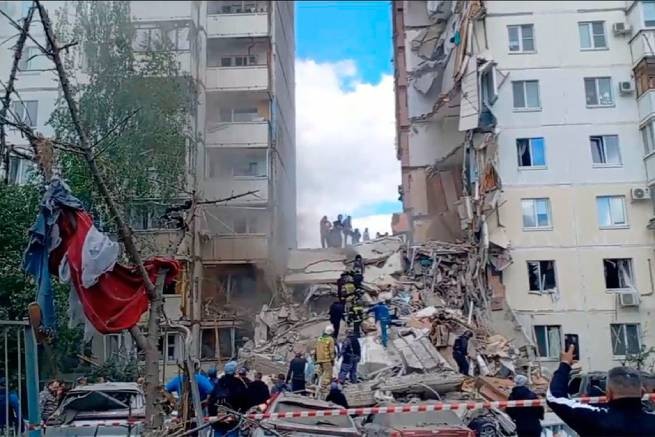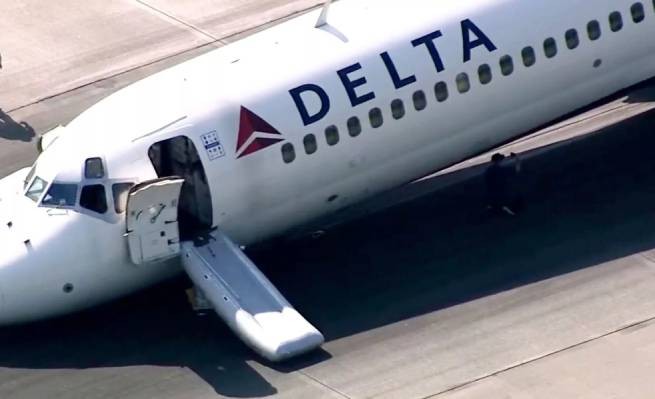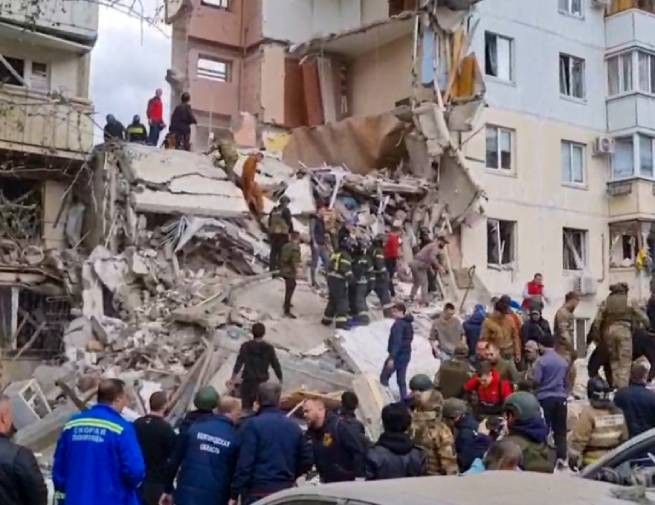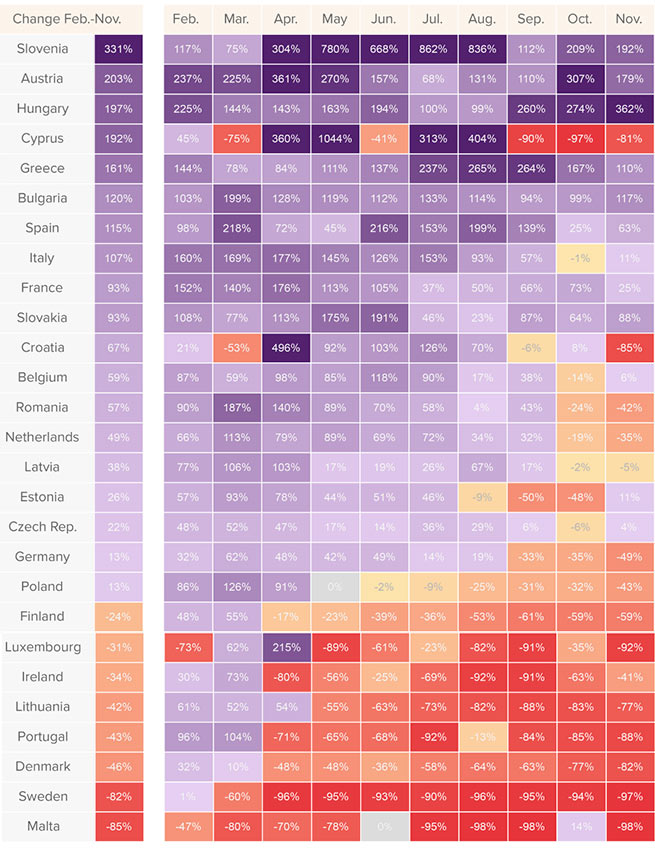Russia’s attack on Ukraine in February 2022 was followed by a series of “hellish” sanctions by the European Union, the United States and other countries.
Their targets were the Central Bank of Russia, commercial banks, transport, oil, coal and other raw materials. Despite the unprecedented economic sanctions, their goal – to inflict such dire consequences on Russia as to paralyze its ability to continue the war – not only was not achieved, but caused serious damage to the EU economy.
According to a think tank article BruegelRussia’s current account balance in 2022 will sharply has improved. In January-September 2022, the external balance surplus amounted to almost $200 billion (about $120 billion more than in the same period of 2021). The reason was that Russian imports fell and energy prices (which Russia exports) rose.
While the economic sanctions were unprecedented, their goal of inflicting such severe consequences on Russia as to render it unable to continue the war was not achieved.
According to recent article in Politico magazine, after the invasion, November 2022 was the first month when the cost of imports EU from Russia decreased compared to the same month in 2021. In eight months, the EU spent on the purchase of Russian goods morethan before the war. More recent data is not yet available, but it is likely that the downward trend in import costs from Russia will continue, with sanctions on crude oil coming into effect in December 2022 and on oil products in February 2023.
Although the export volumes of the Russian oil and gas in the EU fell significantly, prices rose, which increased Russia’s income.
According to article Politico, in very few countries, the value of imports began to decline immediately after the invasion of Ukraine. Across the EU as a whole, the total value of imports from Russia from February to November 2022 was 50% higher compared to the average imports over the same period in the 2017-2021 five-year period.
As can be seen from the table, in 19 Member States, the cost of imports from Russia during the war was higher than the average for February-November last year. The largest increase in value was observed in Slovenia (+331%), followed by Austria (+203%), Hungary (+197%), Cyprus (+192%) and Greece (+161%). . And of the largest economies in the eurozone, Russia received more income: Spain +115%, Italy +107%, France +93%, Germany +13%. Of particular interest is that in 12 countries, including Greece, the value of imports from Russia continued to rise in November 2022 (compared to the five-year average of 2017-2021).
The optimistic version is that the consequences of sanctions for the Russian economy will begin to be felt already now. The EU energy strategy also played a role in this, giving priority first to covering its own energy needs, and then to sanctions packages. An EU embargo on Russian oil and petroleum products, a curtailment of natural gas supplies, and the resulting fall in energy prices are expected to significantly limit the flow of revenue to Moscow.
On the other hand, note that until significant sanctions are imposed on Russian liquefied natural gas (LNG) supplies to Europe, which were higher in 2022 than in 2021 (see all show the same desire to energy independence from Russia), the risk of inadvertently financing an invasion of Ukraine with EU funds will remain threatening.
Krisa Papaleksatou is a Research Fellow in the A. G. Leventis Department of Research at the ELIAMEP Observatory of Greek and European Economics.
Manos Matsanganis is Principal Research Fellow, Head of the ELIAMEP Observatory of Greek and European Economics, Research Fellow at the Stavros Kostopoulos Department and Professor of Public Economics at the Politecnico di Milano.







More Stories
The impressive Norwegian Viva cruise ship in the port of Argostoli
What do the Greeks own?
Mortgage loan for young people: up to 90% of the property value